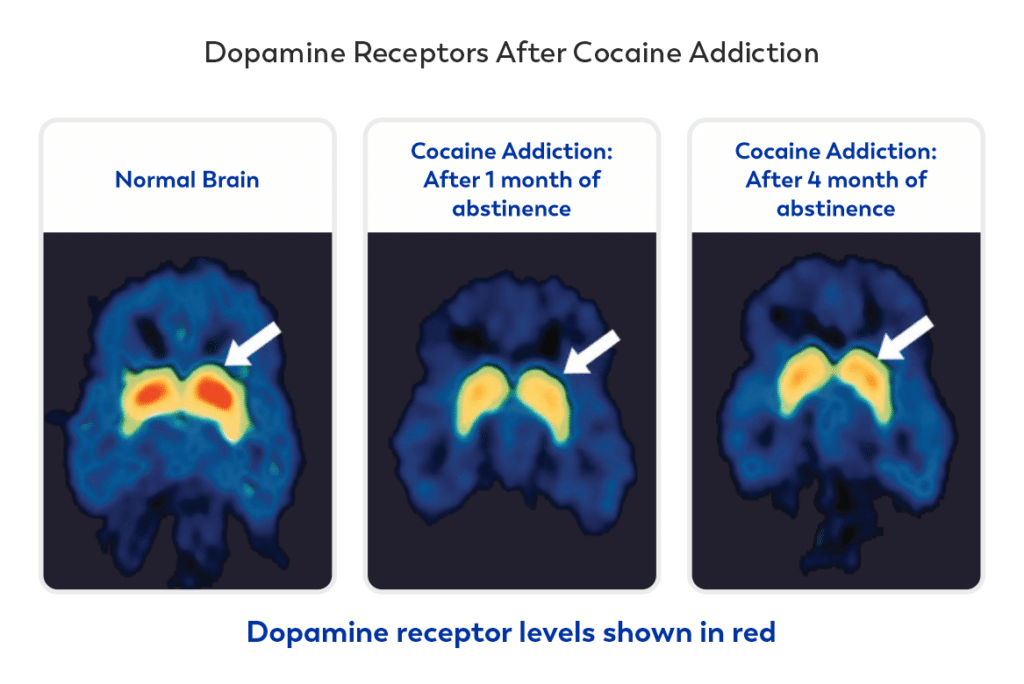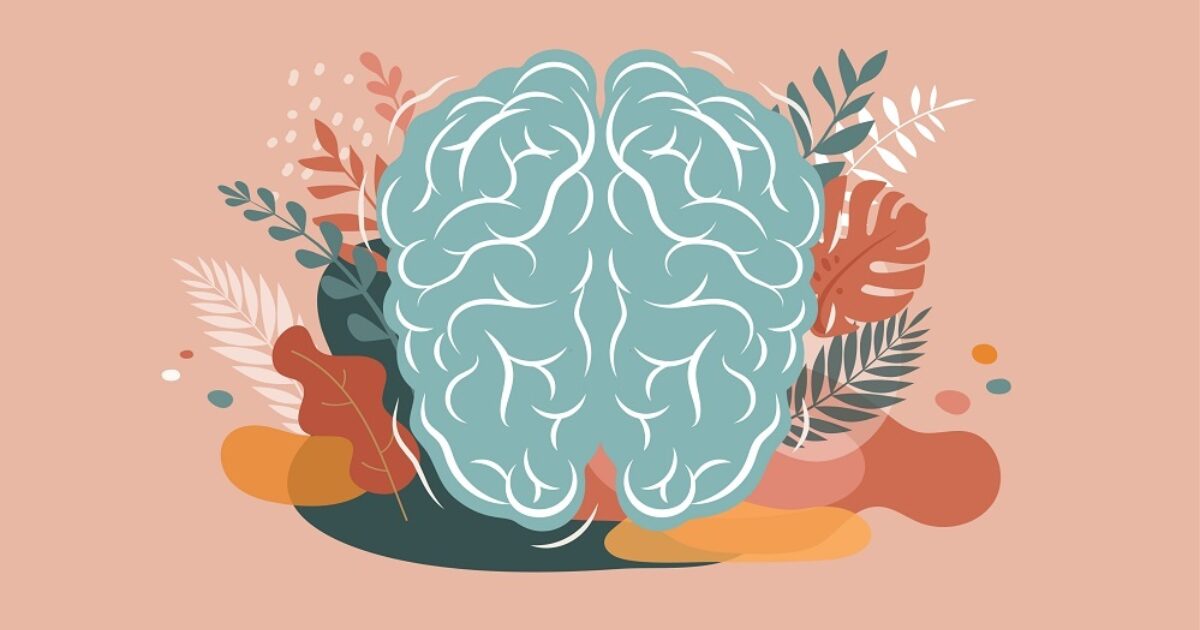The Science of Dependency: Addiction and Brain Function

Addiction is more than just a behavioural issue—it’s a chronic brain disease that significantly alters how the brain functions. Whether it’s substance abuse or behavioural addiction, the changes it causes in the brain are profound and long-lasting.
At Prayas Nasha Mukti Kendra, we emphasise understanding the neurological impacts of addiction to guide individuals toward effective recovery. In this article, we explore how addiction and brain function are closely linked and why early intervention through the best rehab centre can make a life-changing difference.
The Brain’s Reward System and Addiction
To understand the relationship between addiction and brain function, we first need to look at the brain’s reward system. This complex network, primarily driven by the neurotransmitter dopamine, is designed to reinforce life-sustaining behaviours such as eating and social interaction by making them feel pleasurable.
However, addictive substances like alcohol, nicotine, and opioids—or behaviours like gambling and internet use—trigger a flood of dopamine that far exceeds what the brain normally experiences. This unnatural surge tricks the brain into associating the addictive behaviour with extreme pleasure, setting the stage for compulsive use.
Over time, the brain adapts by reducing dopamine production or the number of dopamine receptors. This leads to tolerance, where more of the substance or behaviour is needed to achieve the same high. This adaptation is a key indicator of how addiction and brain function interact.

Prefrontal Cortex: Impaired Decision-Making
The prefrontal cortex is the part of the brain responsible for decision-making, impulse control, and judgment. In people struggling with addiction, this area becomes compromised. As addiction progresses, the brain function shifts from voluntary use to compulsive need, making it extremely difficult to quit without help.
When the prefrontal cortex is impaired, individuals are more likely to engage in risky behaviours despite knowing the consequences. This disconnect illustrates how addiction and brain function are intricately connected—damage to one region impacts overall life decisions and self-control.

The Role of the Amygdala and Stress
Another critical brain structure affected by addiction is the amygdala, which regulates emotions like fear, stress, and anxiety. Prolonged addiction leads to an overactive amygdala, increasing the stress response even in safe environments.
This contributes to a cycle where the individual turns to the addictive substance or behaviour as a coping mechanism, further entrenching the addiction. Once again, this highlights the link between addiction and brain function, showing how emotional regulation becomes disrupted.
Neuroplasticity and the Addicted Brain
Neuroplasticity refers to the brain’s ability to change and adapt throughout life. While this is usually a positive trait—enabling learning and recovery—it also means that the brain can become “wired” to prioritise addiction.
The more the addictive behaviour is repeated, the more the brain adapts to favour that behaviour, creating deeply ingrained habits. This reinforces the importance of understanding addiction and brain function, especially when designing effective treatment plans at the best rehab centre.
Memory and Addiction: The Power of Triggers
Addiction also alters how the brain forms and stores memories. Environmental cues—such as people, places, or smells associated with past use—can trigger intense cravings long after someone has stopped using. This is because the hippocampus, the brain’s memory centre, links these cues with the reward previously experienced.
Even years into recovery, these neural connections can reignite the desire to use, illustrating the lasting effects of addiction on brain function and the importance of long-term support and relapse prevention strategies.
Withdrawal Symptoms and Brain Chemistry
One of the most difficult phases of addiction recovery is withdrawal, which occurs when the brain struggles to function without the addictive substance. Because the brain’s addiction and brain function are adapted to rely on the substance, its absence leads to symptoms such as anxiety, irritability, depression, and physical discomfort.
These symptoms further reveal how addiction alters brain chemistry and why professional intervention is crucial. The best rehab centre will offer medically supervised detox to manage withdrawal safely while addressing the deeper neurological imbalances caused by addiction.
Adolescents and Brain Vulnerability
Adolescents are especially vulnerable to addiction because their brains are still developing. The prefrontal cortex doesn’t fully mature until the mid-20s, making teens more susceptible to impulsive behaviour and poor decision-making.
Early exposure to addictive substances can disrupt normal brain development and increase the risk of lifelong addiction. This vulnerability underlines how addiction and brain function are deeply entwined, particularly in young individuals.
Gender Differences in Addiction and Brain Function
Research shows that addiction may affect male and female brains differently. For instance, women may experience stronger cravings and are more likely to relapse, possibly due to hormonal differences that affect dopamine regulation.
Understanding these gender-specific responses helps customise treatments at the best rehab centre, ensuring that both men and women receive care tailored to how their brains react to addiction.

Healing the Brain: Is Recovery Possible?
The good news is that while addiction can significantly alter brain function, recovery is possible. With consistent therapy, medical support, and lifestyle changes, the brain can begin to heal. Neuroplasticity allows the brain to rewire itself in positive ways, although this process takes time and effort.
At Prayasrehab, we focus on holistic, evidence-based treatments that support brain recovery. From cognitive behavioural therapy to mindfulness practices and nutritional support, every aspect of our program is designed to repair the brain’s function and structure.
Conclusion
Addiction is not a moral failing—it is a brain disease that deeply affects how we think, feel, and behave. Understanding the relationship between addiction and brain function is key to developing effective treatments and achieving lasting recovery. The brain’s ability to change offers hope, but it also means that negative patterns can become deeply ingrained.
This is why seeking help from the best rehab centre in Dehradun is essential. At Prayasrehab, we provide the tools, support, and science-backed methods necessary to restore brain function and help individuals reclaim their lives from addiction.